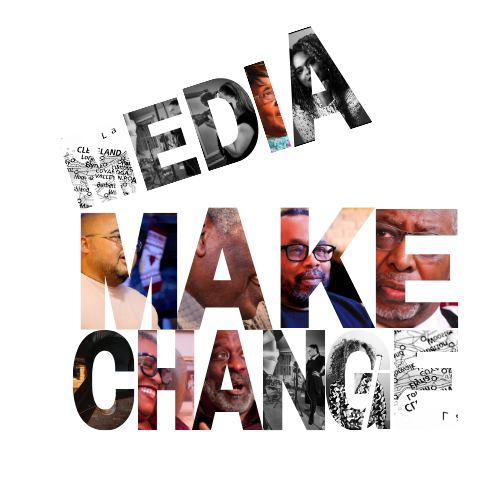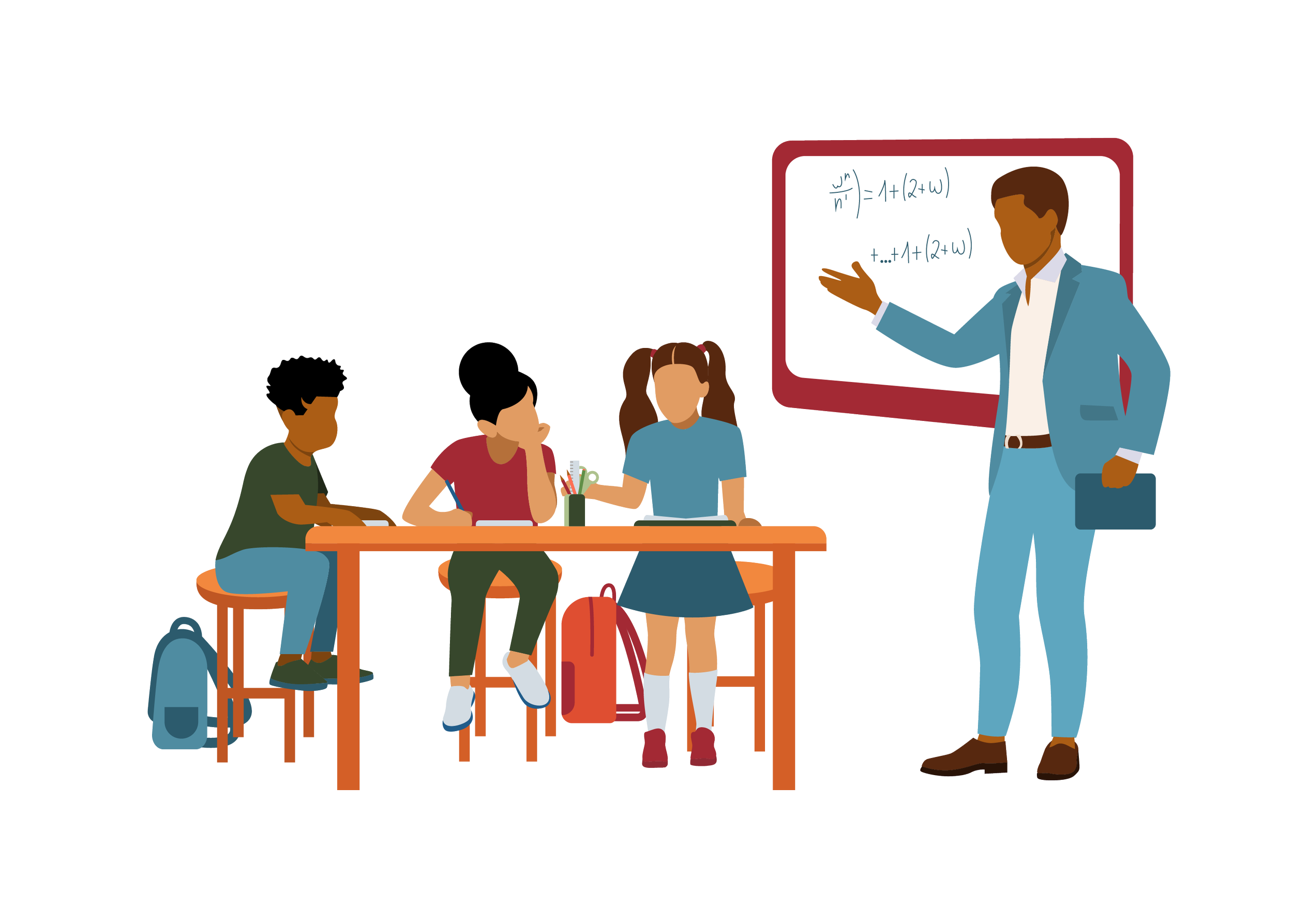Living Commandments for Education Advoacy
(Note: this document is living in the sense that it is constantly being updated.)
Thou shall not pick a fight (or maybe do pick a fight). Ask: Do we want to pick a fight with an oppositional campaign?
Thou shall co-opt language from the other side. Ask: Do we want to use the word ‘freedom’ deliberately in messaging (e.g. ‘ public education as/is freedom’; ‘freedom for our kids to thrive with excellent public education’)?
Thou shall test out messaging across different places. Ask: What are the laboratories where we can test out messaging?
Thou shall move the core audience to move the reach audience. Ask: What kind of message will not only move people to support public education but also and perhaps more importantly move other people to support accurate, honest, and fully funded public education in welcoming schools?
Thou shall show messages and put them to work.
Ask: What does pride, loyalty, and transformational support (policy-wise, institutionally, and in terms of resource/monetary growth) for public education look like and how is it operationalized?Thou shall have an origin story. A good message must have an origin story; an explanation for why it is you’re feeling/experiencing what you’re experiencing.
Thou shall have a symbol. Ask: What is a shared symbol that can be used throughout the campaign to communicate a sense of shared advocacy, conveys unity, and share collective action?
Thou shall remember people value education. Good news is most Americans believe in the value of public education (they don’t want book bans, they don’t want teachers censored). So how do we leverage this support?
Thou shall outsmart the opposition. Present something that people desire; then draw a contrast between what you stand for and what you are gonna deliver, and what the opposition is doing and why.
Thou shall frame the conversation on your own terms. Call out what opposition is doing and ascribe motivation to it. Make the public have to engage in your debate, not the opposition’s. Do not wander onto the opposition‘s turf and have their debate.
Thou shall remember the action is the message. - “sustained collective action is the message” - Anat Shenker-Osorio.
Developed by Tara L. Conley, inspired by and references the work of Anat Shenker-Osorio, principal at ASO Communications.
Graphic: https://www.blackillustrations.com
Introducing RUBY
During the spring of 2020, Nene (19) and Ekene (16) Okolo, two young Black sisters from southern California decided to take on San Diego's Poway Unified School District (PUSD) for its history of racial bias in school curricula. The sisters created an anonymous Instagram account, Black in PUSD (@blackinpusd) and sent out polls to their followers about racial bias in school curriculum using the platform's story feature. The momentum of their campaign forced people to take notice. Their Instagram stories on racial bias provided evidence to approach PUSD's district leaders with a list of demands to change its school curriculum. The sisters have since created a website and podcast series dedicated to teaching their community about issues like racial justice, the prison industrial complex, racial disparities in health care, and redlining. In a recent interview I conducted for Parents Magazine with the sisters, Ekene told me:
“Students of color need to see themselves represented in history and in literature beyond topics like slavery and segregation. When we talk about these topics they’re usually glossed over or watered down in the curriculum. Students need to see themselves represented in a positive light and in their classroom.”
Throughout the interview, I was awe-inspired by the sisters' passion and tech savvy approaches to engage the community and force school change at the local level. They are among a growing group of young Black, Brown, and Indigenous activists across the United States currently taking up the fight for equitable and accurate representation in school curricula.
These young people also understand the stakes. According to a 2016 study from Stanford Graduate School of Education, courses examining the ways race and culture affect people’s experiences have been shown to improve attendance rates and academic performance. That said, young people like the Okolo sisters also understand the risk of spearheading these efforts during civil unrest. Nene told me:
“We’ve actually been anonymous on our page for months. People didn’t know who we were, and that’s because of safety concerns. We didn’t want to be targeted. We wanted to get a feel for how the community was responding to our page because if we got a lot of negative comments we were going to remain anonymous. But because of overwhelming support, we felt it was okay to reveal our identities.”
These young people are in the midst of what I believe to be a paradigm shift in public school education across the U.S. But they are also up against powerful institutional forces that are violently resistant to change, especially now, as the Trump administration works to condemn educators, journalists, and scholars who confront America's so-called exceptional history.
For this reason, I decided to develop RUBY, a digital toolkit to support young people’s advocacy campaigns for racial justice education in public schools. Inspired by Ruby Bridges, the first African-American child to integrate a white Southern elementary school in the U.S., RUBY is a digital toolkit for Black, Brown, and Indigenous youth activists and advocates to support civic campaigns that push for comprehensive and accurate Black and ethnic studies curricula in K-12 public schools across the United States.
The goal of RUBY is to address the challenge young Black, Brown, and Indigenous activists currently confront as they work to develop digital advocacy campaigns aimed at implementing Black and ethnic studies curriculum in public schools. RUBY will address this challenge by providing interactive tools and resources that young activists like the Okolo sisters can use, distribute, and build off of to support their efforts for educational reforms in their local school districts. The RUBY toolkit is also designed to support young people who wish to remain anonymous in their advocacy efforts by housing resources and tools on my organization's digital platform, MEDIA MAKE CHANGE (www.mediamakechange.org).
In January 2021, I was awarded the Race and Technology Fellowship from Stanford University’s Digital Civil Society Lab (DCSL) and Center for Comparative Studies in Race and Ethnicity (CCSRE) to develop RUBY. You can learn more about the project here.
I’m beyond excited to get to work and collaborate with young people across the country. Stay tuned to MEDIA MAKE CHANGE, and follow on Twitter @mediamakechange. More to come!
- Tara L. Conley, Founder MEDIA MAKE CHANGE



